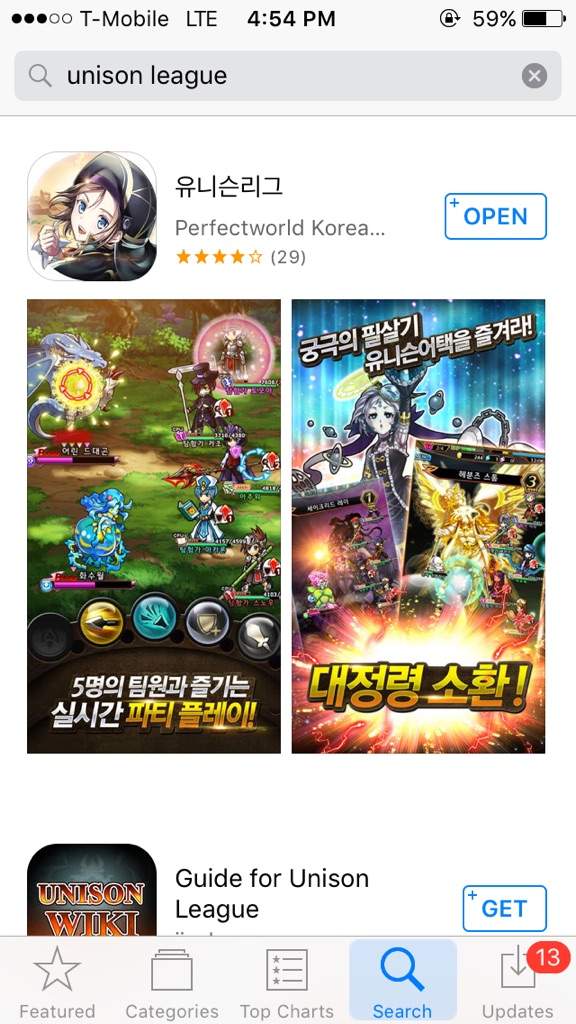

One might have thought it would be a simple task, that word spacing / separation is innate for all speakers of a given language. Perhaps someone among our commenters can throw more light on this. I'm not totally familiar with Korean, but I suspect that it has the same problems as Japanese. Moreover, Japanese has large amounts of Sinitic vocabulary, which, as in Chinese, is difficult to separate into 'words'. This isn't helped by the writing system they inherited from China. That means that there is greater temptation to split them off.

Japanese is difficult because inflexional morphemes tend to be more discrete than those of synthetic languages.
#KOREAN UNISON LEAGUE FREE#
This is different in languages like Chinese, where the writing system is mostly morphemic and those morphemes are, relatively speaking, free combine together to form larger word-like units. There isn't a great temptation to split them off. And Latin is relatively easy to split into words because most of its suffixes and prefixes are solidly attached to the stem.

I think it was Irish scribes who introduced spacing. Latin was originally written without spaces. I don't really find it surprising at all.

Of course, it has its problems, but we do have rules to guide us, viz., zhèngcífǎ 正詞法 ("orthography"). In Hanyu Pinyin, it is called fēncí liánxiě 分詞連寫 ("word division parsing"). Who'da thunk it? – spacing is the most difficult aspect of Korean writing. It begins simply enough, with the contestants buzzing in to guess the words or phrases that fill in a crossword-style board, but soon the challenges get dramatically harder: separating folk spellings and regional variations from the officially standard, filling in words missing from old television and newspaper clips, and - most difficult of all, even for contestants who otherwise dominate the game - properly re-spacing a text whose words all run together. Though it occasionally invites celebrities, and this past July even brought on members of the National Assembly, it usually pits four everyday Koreans (or four teams of two, usually family) against each other in a test of their knowledge of the Korean language. Having found myself living in the genuinely foreign country of Korea, I’ve lately also found myself watching Our Language Battle (우리말 겨루기), a game show that has aired every Monday evening on KBS since 2003. This is the second paragraph of the article: " Our Language Battle: Korea’s Surprisingly Addictive Game Show of Vocabulary, Expressions, and Proper Spacing", by Colin Marshall (9/1/19) Fascinating article from BLARB (Blog // Los Angeles Review of Books:


 0 kommentar(er)
0 kommentar(er)
